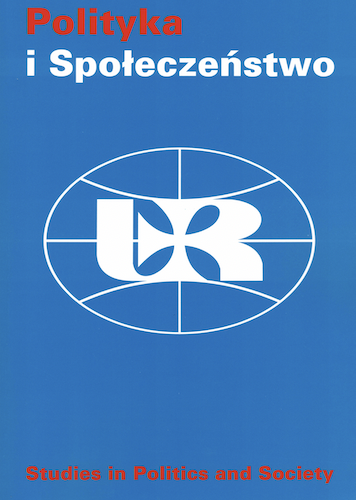Stanowisko Afganistanu wobec przyjęcia instrumentów międzynarodowej ochrony praw człowieka, cz. I: lata 1919–1973
The position of Afghanistan on the adoption of international protection of human rights, part I: 1919–1973
Author(s): Klaudia Cenda-MiedzińskaSubject(s): Politics, Geopolitics
Published by: Wydawnictwo Uniwersytetu Rzeszowskiego
Keywords: Afghanistan;sharia;human rights;international law;pashtunwali
Summary/Abstract: The article is the first part of studies showing Afghanistan’s path towards adopting international instruments to protect human rights. Based on acts of national law, Sharia law, and historical sources, the text analyses the conditions that, from the time of regaining independence to the fall of the Kingdom of Afghanistan, led the State to accept or reject international human rights agreements. The structure of the article corresponds to the research objectives, which are: to show the codification of human rights in the internal legal order right after regaining independence, the role that Sharia and Pashtunwali played in the adoption of international human rights acts, the attitude of Afghanistan to these instruments in the context of the internal political situation of the State. Special attention was paid to the understanding of human rights in Nizam Nama-e-Dowlat Alliyeh Afghanistan, Osol-e-Assasi Dowlat-e-Allia-e- Afghanistan, Assasi Qanun, Pashtunwali, the conflict of Sharia law with international law concerning the equality of women, freedom from torture and inhuman, degrading treatment, right to life and religious freedom, analysis of changes in the political arena of the State.
Journal: Polityka i Społeczeństwo
- Issue Year: 19/2021
- Issue No: 02
- Page Range: 16-33
- Page Count: 18
- Language: Polish

